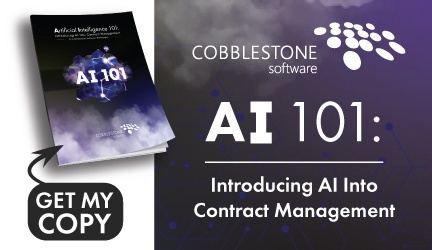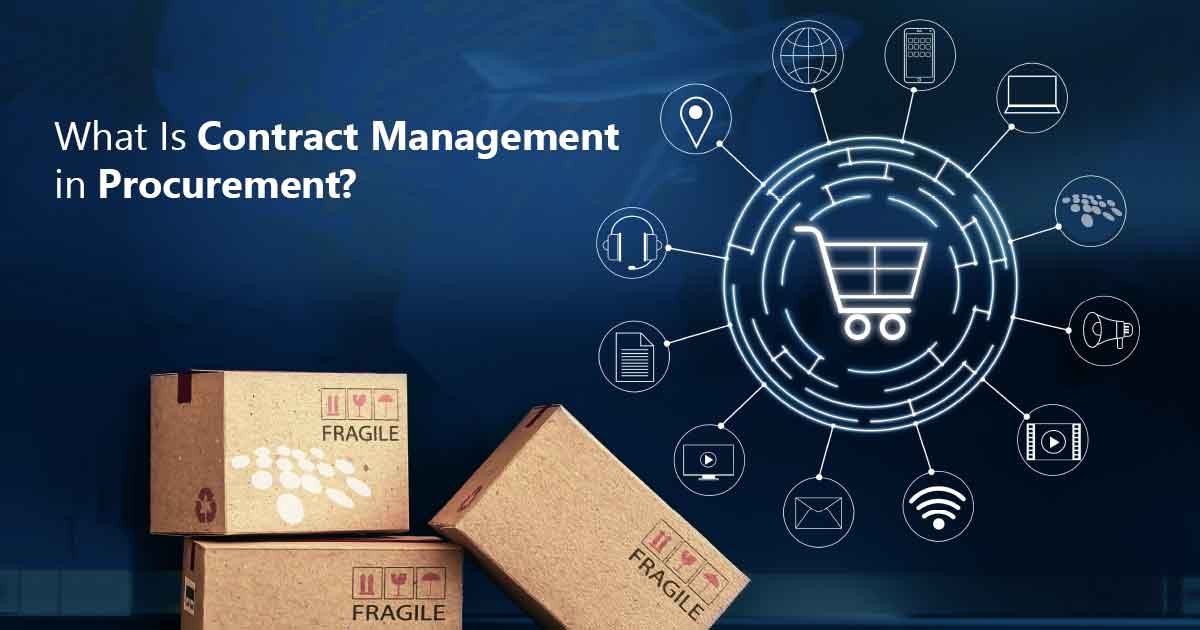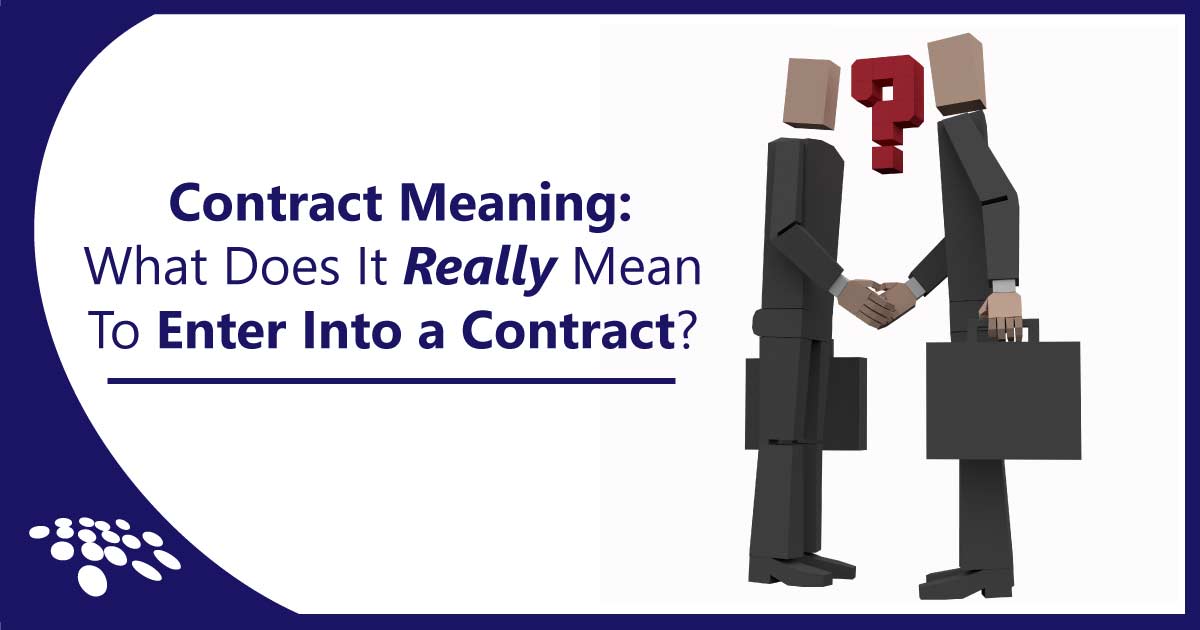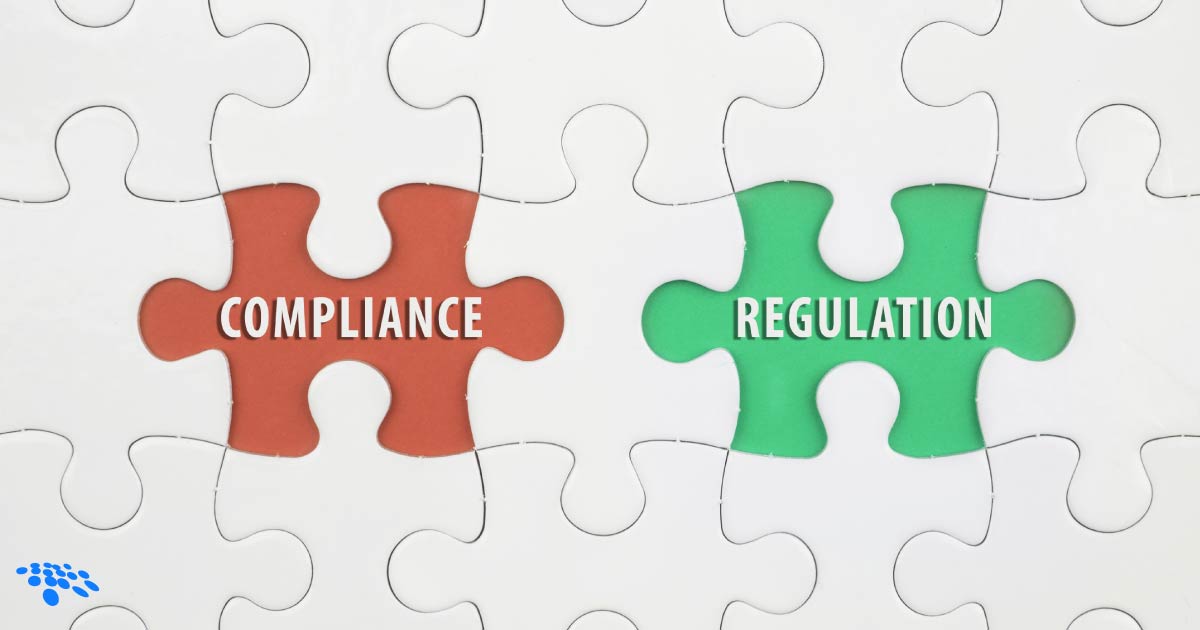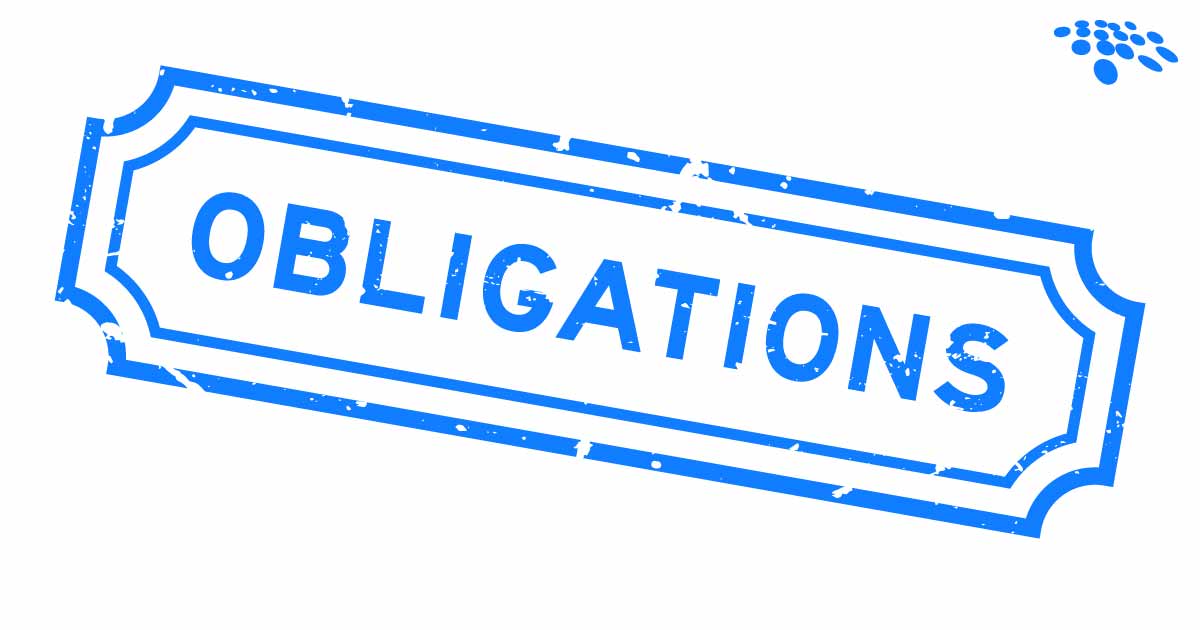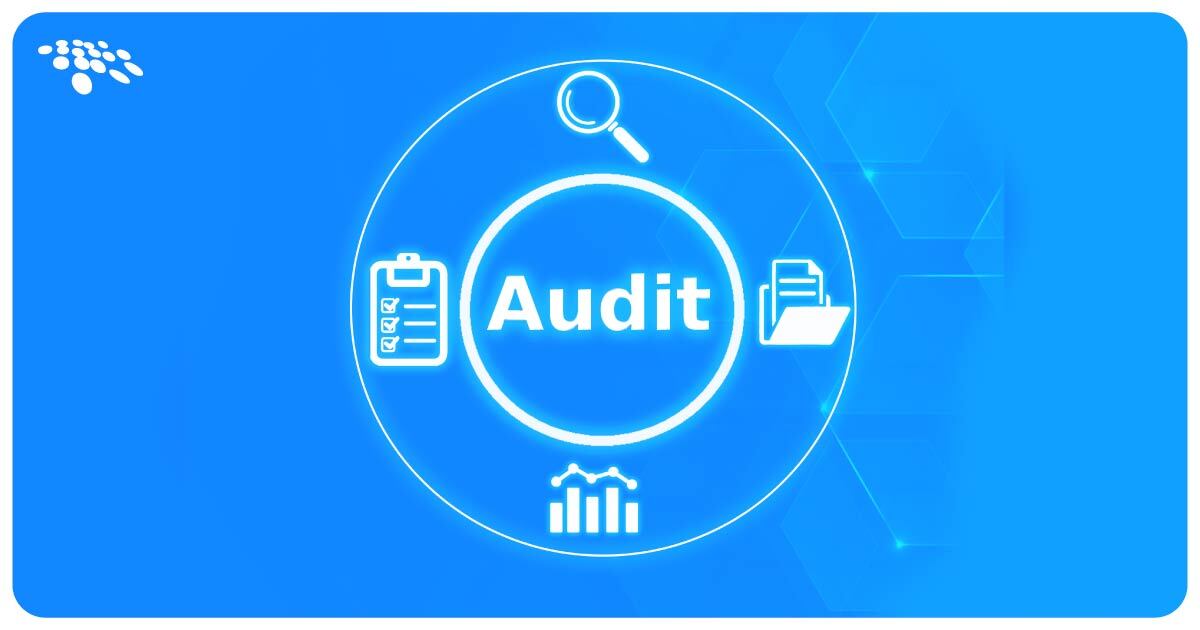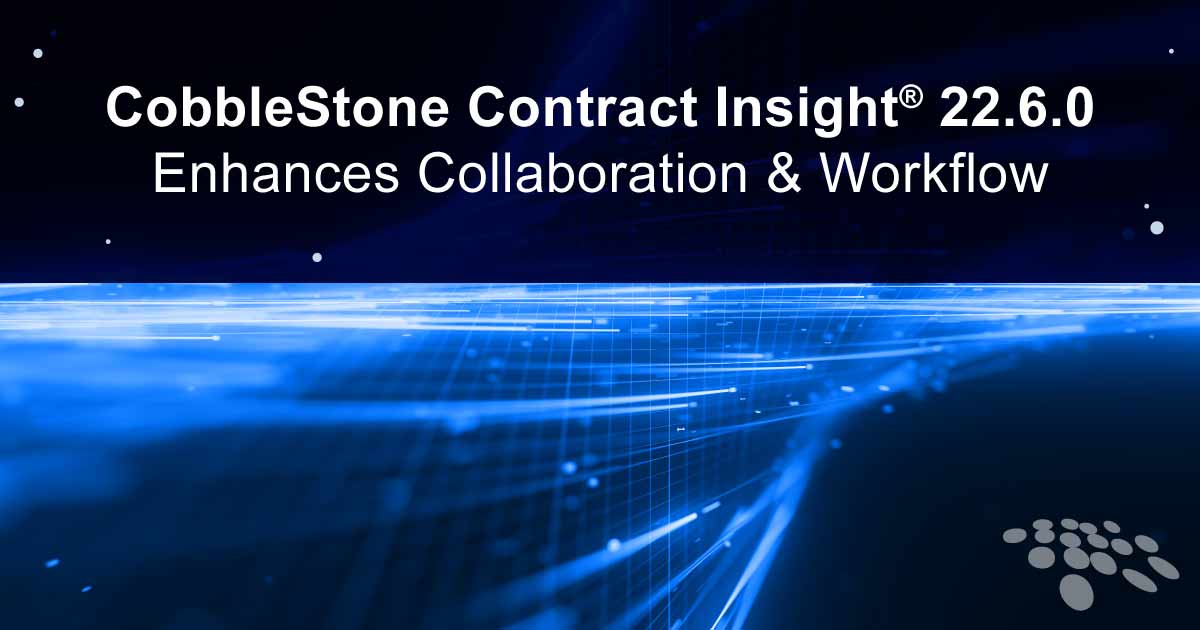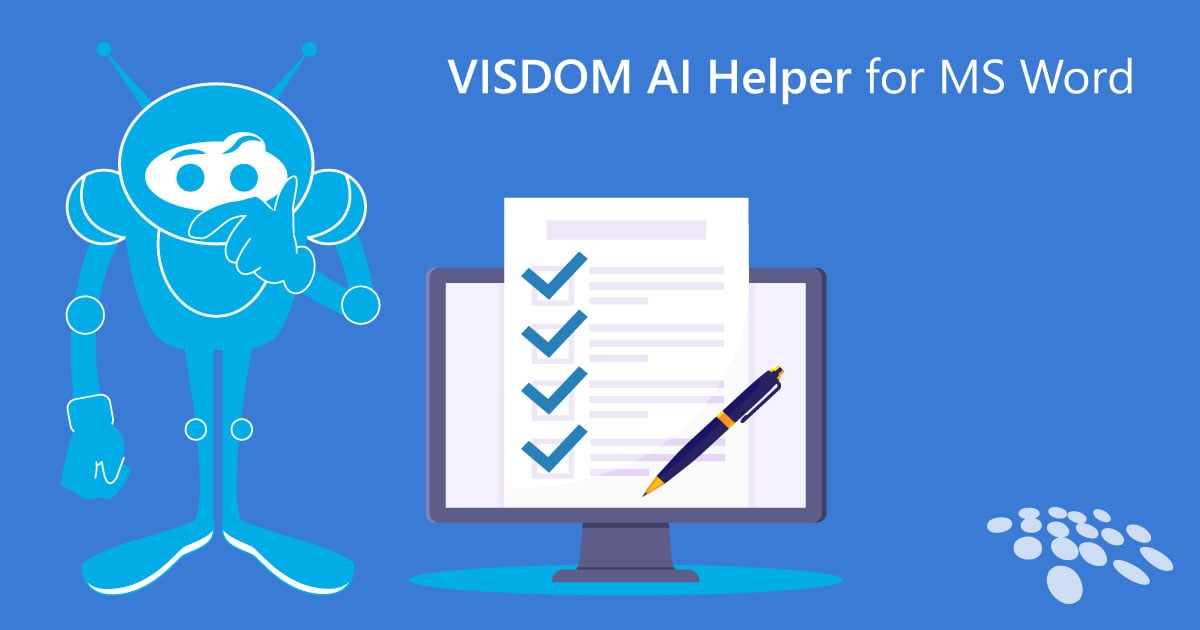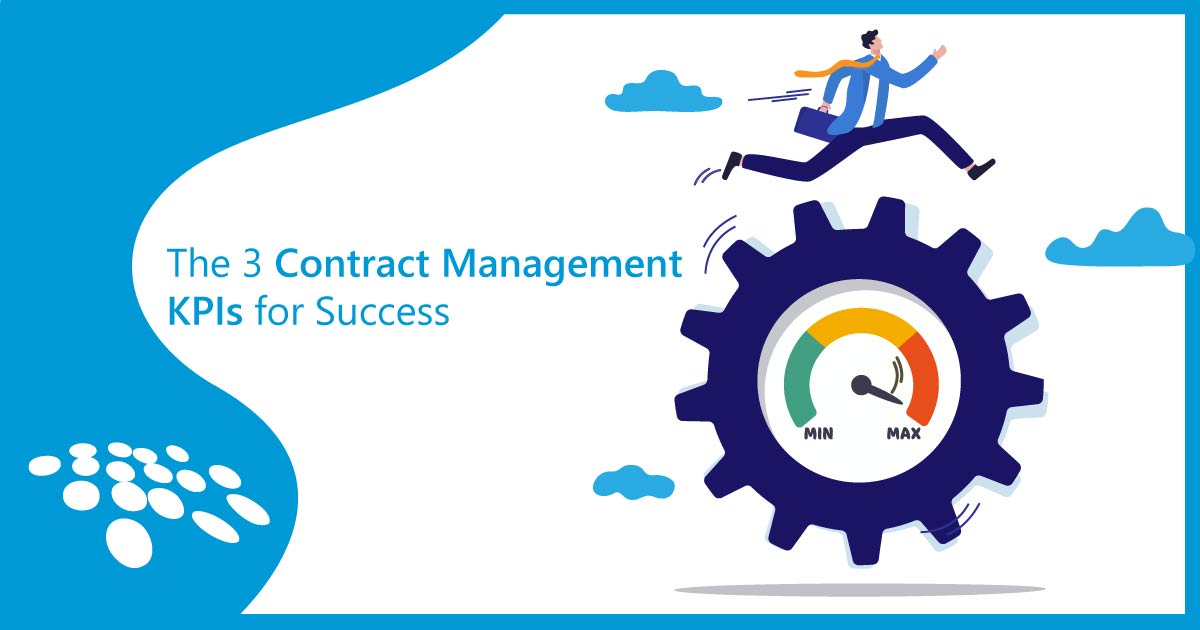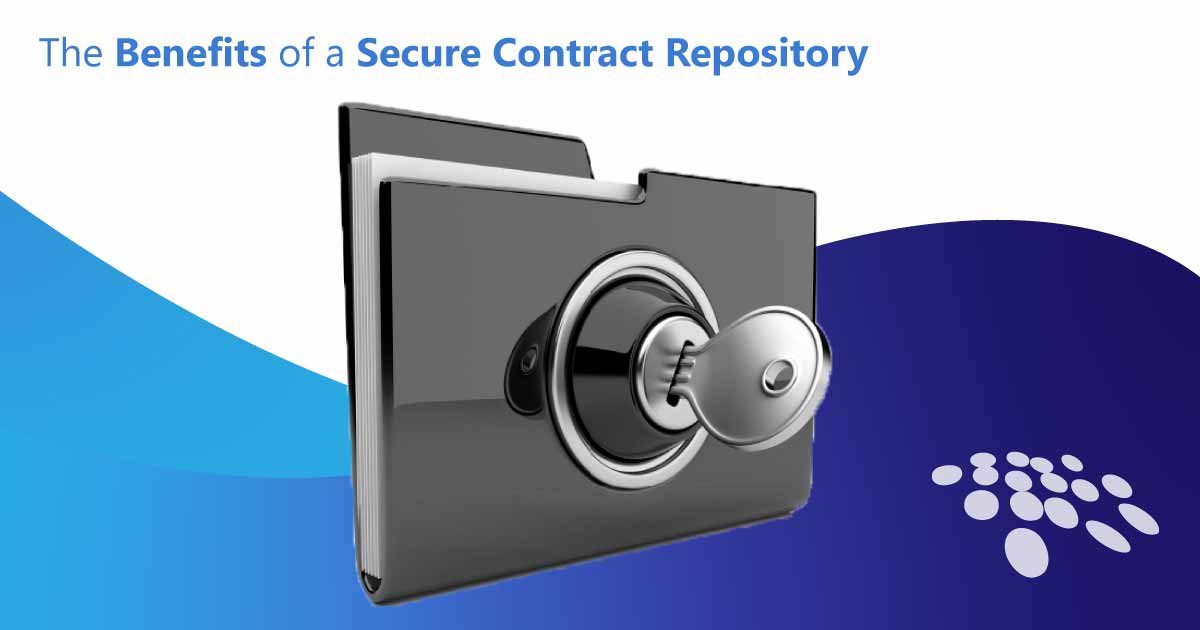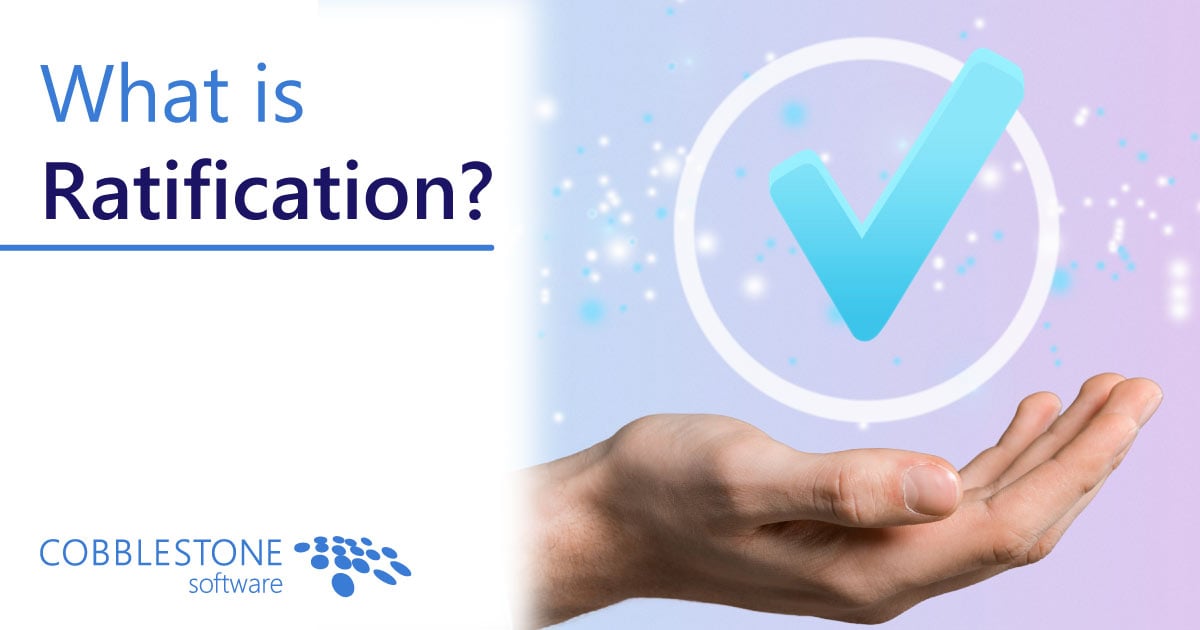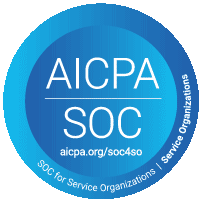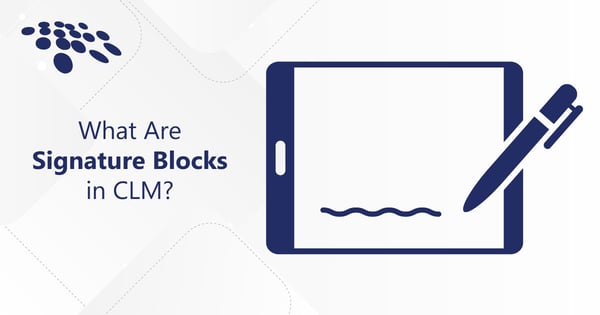
With digital transformation, the way we sign and validate documents has evolved significantly. The concept of a signature block is important in the realm of business communication and legal agreements. But what is a signature block or line exactly? Often seen at the end of contracts, emails, and business letters, these blocks are more than just a space for your signature. They are a testament to your identity, professionalism, and attention to detail.
In this guide, we'll delve into signature blocks - from the basic signature line definition to its varied forms in different contexts like contracts, emails, and legal documents. Whether you're a business professional, an attorney, or simply someone looking to understand the nuances of digital communication, this blog will provide valuable insights into how signature blocks work, why they matter, and how they can be optimized for clarity and legal validity.
What is a Signature Block? A Closer Look
So, what is a signature block? A signature block, in its simplest form, is a dedicated area in a document where parties sign to express their agreement and understanding. However, its utility and composition extend far beyond just a space for a signature.
What is the signature block in a business letter? In contracts, the signature block is a crucial element. It not only captures the signatures of the parties involved but also authenticates the document and provides a clear point of authority. Contract signature block examples in business letters and legal documents like those used by attorneys or limited liability companies often carry a lot of weight. They not only signify the end of a document but also ensure that the party signs with a clear understanding of the content. The attorney signature block, for example, might include additional credentials and licensing information, reinforcing their authority and credibility.
In the digital realm, particularly in email communication, the signature block transforms into a digital identity card. It's common to see a block of text at the end of an email you send, which includes your name, job title, and contact details (like phone number, email address, and even social media profiles). These blocks can also contain email disclaimers, reflecting the legal boundaries of the email content and additional information.
In documents pertaining to partnerships, the signature block becomes a testament to collaboration and mutual agreement. Here, each party’s signature, along with their respective contact details and titles, is a formal acknowledgment of the terms agreed upon.
Electronic and Digital Signatures
With the advent of electronic and digital signatures, the concept of signature blocks has expanded. Electronic signatures, like those facilitated by platforms such as CobbleStone’s IntelliSign® eSignature software platform, offer a secure, verifiable way to sign documents electronically. This innovation not only streamlines the signing process, but also embeds additional layers of verification, authenticity, and tracking.
Challenges of Signature Blocks Without Electronic Signatures
In an era where digital solutions like CobbleStone’s IntelliSign eSignatures are streamlining processes, the absence of such tools in handling contract signature blocks can lead to several points of CLM (contract lifecycle management) misery:
- Time-Consuming Processes: Without electronic signatures, each party must physically sign the contract. Unlike solutions like IntelliSign (which cut send-to-sign time up to twenty percent), this manual process often involves printing the document, signing it, and then scanning or mailing it back. For contracts requiring multiple signatures, like partnership signature blocks, this process becomes even more cumbersome and time-intensive.
- Risk of Errors: With manual processes, the chances of errors increase. A party might sign in the wrong place, miss signing a page, or other parties might have to wait for a corrected version. This is especially pertinent in limited liability companies where the accuracy of a signature block is paramount.
- Lack of Convenience: Electronic signature solutions provide the convenience of signing from virtually anywhere at any time. In their absence, parties are restricted by geographical limitations and availability - delaying the signing process.
- Security Concerns: Physical contracts can be lost, damaged, or intercepted, posing significant security risks. Without digital safeguards, the confidentiality and integrity of the document are at stake. Additionally, digitized signatures that are not performed via a secure signing cloud can be leaked via email or an unsecured server.
- Inefficient Tracking and Management: Managing paper-based contracts can be a logistical nightmare. Tracking who has signed, who hasn’t, and where the contract is currently located can be challenging, particularly for contracts with multiple stakeholders. These same challenges can be faced with disorganized digitized contracts - without version tracking and approval workflows.
As we move towards a more digital world, the adoption of electronic signature solutions not only addresses these pain points but also enhances the overall efficiency and security of contractual processes.
Embracing Efficiency and Security
As we've seen, traditional methods of handling signature blocks have their challenges. However, CobbleStone Software’s IntelliSign electronic signature software offers an innovative solution that addresses these issues, streamlining the process of managing signatures and signature blocks.
IntelliSign enables users to create a signature, sign contracts with external signatories, and manage signature blocks with just a few clicks and easy configuration. This rapid process saves valuable time, which is especially beneficial for businesses where time-sensitive agreements, like those involving partnerships or limited liability companies, are frequent. IntelliSign's workflow automation basically ensures that every necessary party signs the correct document in the right place, reducing the risk of errors. What's more, numbered version tracking helps prevent parties from signing a contract with outdated legalese and terms.
IntelliSign offers a secure environment for digital signature software functionality, safeguarding sensitive information and ensuring that documents are only accessible to authorized parties. This is crucial for documents containing confidential business details or contact information. Digital signatures act as a notary - certifying contract signatures as signed and untampered with thereafter.
Whether you're dealing with local or international partners, IntelliSign allows you to sign contracts from virtually anywhere in the world, fostering global business connections without geographical constraints. By reducing the reliance on paper, IntelliSign promotes a greener approach to contract management, aligning with modern sustainability goals and corporate social responsibility.
Ready to experience the transformation IntelliSign can bring to your signature management process, as well as other award-winning contract lifecycle management features? Book your free demo of CobbleStone Contract Insight® today!
This article was updated on July 30th, 2024. It's original publication was November 28th, 2023.




